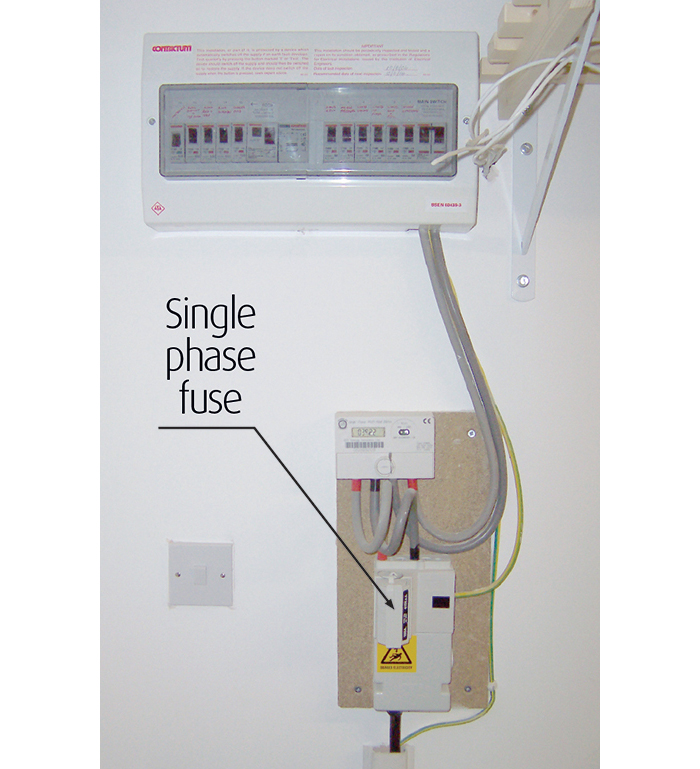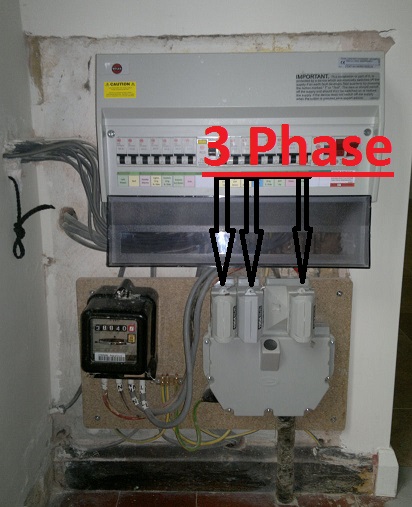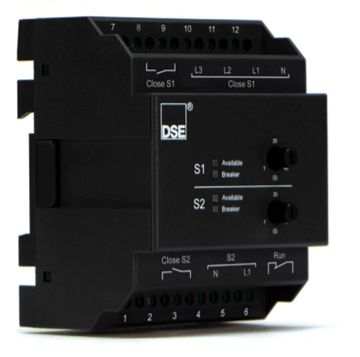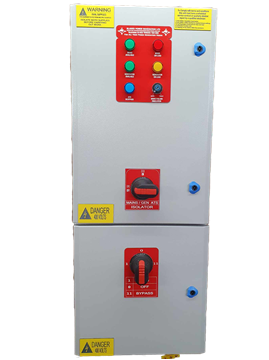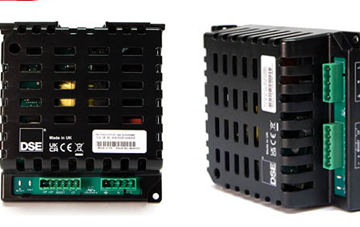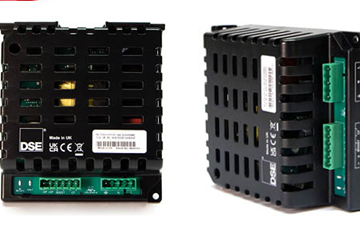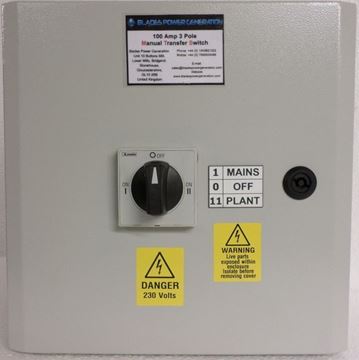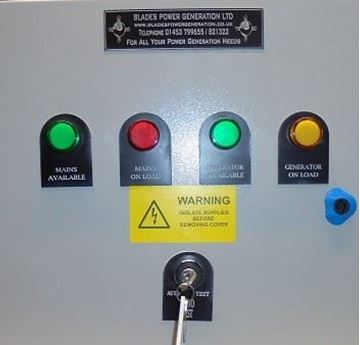Whether you are running a business or a home, power is something that we all depend on. Even a few minutes without power can cause immense problems in some situations. New generators for sale in the UK are a good choice if you would rather avoid power outages. However, before you buy, there are certain things you need to consider about a generator.
The Key Factors to Consider Before Purchasing a Generator
1. Load BankTesting: A load bank unit is designed to accurately replicate the operating load your generator will reach during operation. A large boiler matches the generator's output and ensures that the generator does not wear out to the point where one day, it is no longer able to supply power to the building and is consequently shut down.
2. Age, operating hours, and usage: The first thing to check is the generator's operating hours, age, and history. You need to check how many hours the generator has been in use and how much fuel it consumes. Usually, generators are like cars and have an odometer. A generator used as a standby or backup power source is usually better maintained and has much less wear and tear than a generator used as a primary power source. Only those with technical expertise know the full features and specifications of generators. Therefore, you should seek advice from a professional before buying new generators for sale in the UK.
3. Fuel tank capacity and litres per operating hour: You want a generator that is economical in consumption but also one that holds a reasonable amount of fuel. Some generators adjust their engine speed (RPM) to the load demand to increase fuel efficiency. Both fuel efficiency and fuel tank size affect running time. You'll find the generator's running time under the respective unit's technical data.
4. The manufacturer's reputation: If you want to buy a new generator, you should find out about the manufacturer's history and reputation. Manufacturers with poor reviews or low reputations should be avoided. It's better to invest and be assured that you have chosen a trustworthy manufacturer with a good reputation for producing reliable equipment.
5. Visual inspection: If not you, trained personnel should inspect all mechanical components of a generator for wear or fatigue, including whether any parts are cracked or corroded corrosion build-up. Any parts found to be questionable should always be replaced. The bearings and bushings should also be returned as they are challenging to test for wear and tear – so it's best to replace them regardless of their function or condition.
Now that you know what factors you must consider before investing in a new generator, visit Blades Power Generation to receive relentless generator service; we have the best emergency power source in the UK. With our vast range of products, you will never run out of power, literally!













